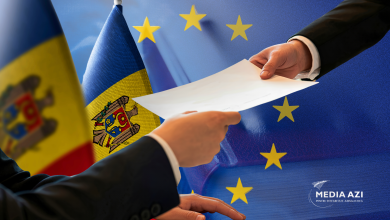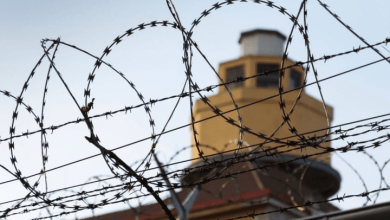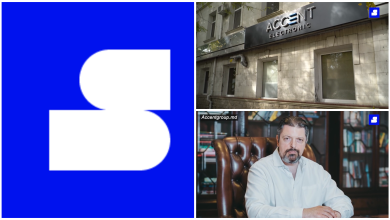The memorandum on press freedom reiterates the serious problems faced by journalists in the Republic of Moldova

The press in the Republic of Moldova continues to face serious problems. Although some media reforms have been undertaken, their implementation remains slow, and the risks to journalists are increasing, according to the Centre for Independent Journalism (IJC), together with eight other non-governmental media organizations, in the Memorandum on Press Freedom in the Republic of Moldova for the period 3 May 2024 – 3 May 2025. The document was launched on World Press Freedom Day.
The report reviews progress and setbacks in the media sector in terms of the safety of journalists and information security, legislation and economic sustainability. According to the authors, working conditions for journalists in the Republic of Moldova have deteriorated significantly over the past year. “The region on the left bank of the Nistru River remains an unsafe territory for journalists,” warn the signatory organizations, mentioning illegal detentions and censorship in Gagauzia. In addition, multiple verbal attacks and death threats have been reported, especially online.
Although legislative acts such as the Law on Access to Information have been adopted, their implementation is ineffective. “Issues regarding ensuring transparency of online media ownership, moderating digital content and combating disinformation (…) remain unresolved,” the document states. The lack of anti-SLAPP measures and difficult access to information exacerbate the problems faced by the press, and the information space remains vulnerable to “foreign anti-European narratives aimed at diverting the Republic of Moldova from its European integration course”.
Furthermore, the media in the Republic of Moldova remains economically unstable, especially the independent media, which is unable to keep pace with “tech giants in the online market”. The lack of a functioning advertising market means that many newsrooms continue to depend on external funding. According to the memorandum, “the press continues to depend heavily on external grants”. Although the state has provided subsidies for the print media, which has been affected by rising distribution costs, problems related to the lack of qualified staff and political partisanship continue to compromise the quality of journalism.
The signatory organizations urge the authorities to take clear measures to protect the press and journalists. Key recommendations include: adopting clear rules for online media in line with the EU Digital Services Act; developing a regulatory framework for artificial intelligence adapted to the current digital context; transposing the anti-SLAPP directive into national law; creating an institutional mechanism for media protection; and constant monitoring of public content providers to prevent political interference.
It also proposes “implementing transparent mechanisms for the economic sustainability of independent media and supporting the professional training of students.



